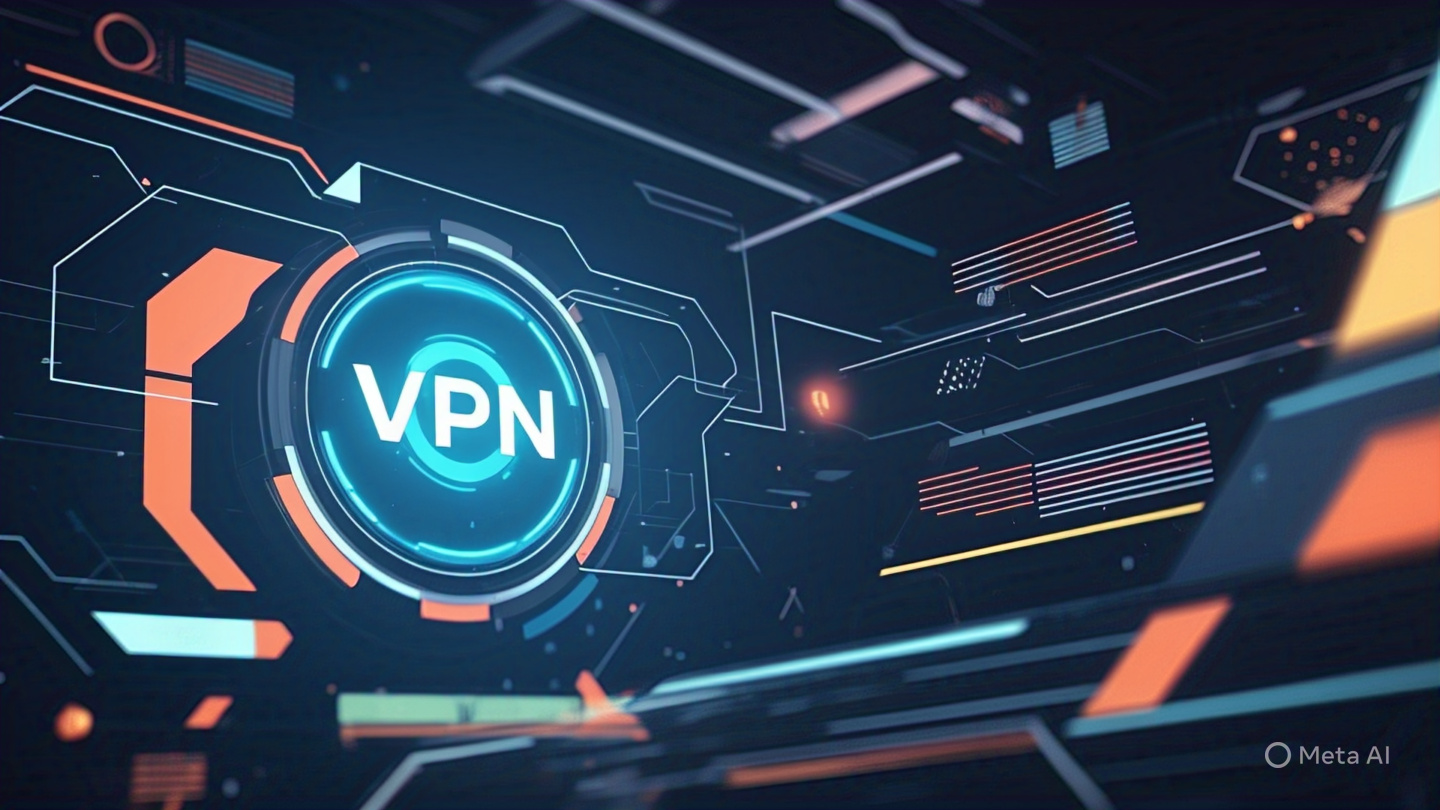
Understanding the Role of VPNs in Securing Smart Home Devices
In today’s digital era, the Internet of Things (IoT) has revolutionized the way we live, making smart home devices increasingly popular. However, the convenience of these devices comes with potential security risks. This raises an important question: Do you need a VPN for smart home devices? This article will delve into the world of VPNs and its significance in smart home security.
What is a VPN?
A Virtual Private Network (VPN) is a technology that creates a secure internet connection over a less secure network. It provides anonymity by hiding your true location, and encrypts all of your internet traffic to ensure your data remains confidential.
VPNs were initially designed for businesses to securely connect remote datacenters. Today, they have become prevalent tools for everyday internet users to protect their online activities from prying eyes on public networks.
Why Do You Need a VPN for Smart Home Devices?
Smart home devices, from smart thermostats to security cameras, are connected to the internet, meaning they can be vulnerable to cyber attacks. These devices collect and transmit sensitive data, such as your daily routines, making them attractive targets for hackers. A VPN can provide an additional layer of security to these devices.
Enhanced Security
One of the key benefits of using a VPN for smart home devices is enhanced security. A VPN:
- Encrypts the data transmitted between your smart devices and the internet, making it harder for hackers to intercept and decipher.
- Hides your IP address, making it difficult for cybercriminals to locate your devices or exploit them for malicious activities.
- Protects your devices from being accessed via insecure public Wi-Fi networks, a common method used by hackers.
Privacy Protection
Another advantage of using a VPN is that it can protect your privacy by masking your internet activity. This can prevent third parties from tracking your online behavior, offering you more control over your personal information. A VPN also prevents Internet Service Providers from monitoring your internet activities and selling your data to advertisers.
Access to Geo-Blocked Content
VPNs can also help you access geo-blocked content by allowing you to appear as though you’re browsing from another region or country. This can be particularly beneficial for smart TVs or streaming devices that are subject to geographic restrictions.
Choosing the Right VPN for Your Smart Home
There are numerous VPN services available, making the selection process daunting. When choosing a VPN for your smart home, consider the following factors:
- Security: Look for a VPN that offers robust security features, such as AES-256 encryption, a kill switch, and a strict no-logs policy.
- Device Compatibility: Ensure the VPN supports the operating systems of your smart devices.
- Number of Connections: Some VPNs limit the number of devices you can connect simultaneously. Choose a VPN that offers multiple simultaneous connections if you have many smart home devices.
Conclusion
In conclusion, while smart home devices offer convenience and efficiency, they also pose potential security risks. Using a VPN for your smart home devices can provide an additional layer of security and privacy, making it much harder for cybercriminals to exploit your devices. Remember, the key is to choose a reliable VPN that meets your specific needs and ensures the best protection for your smart home devices.